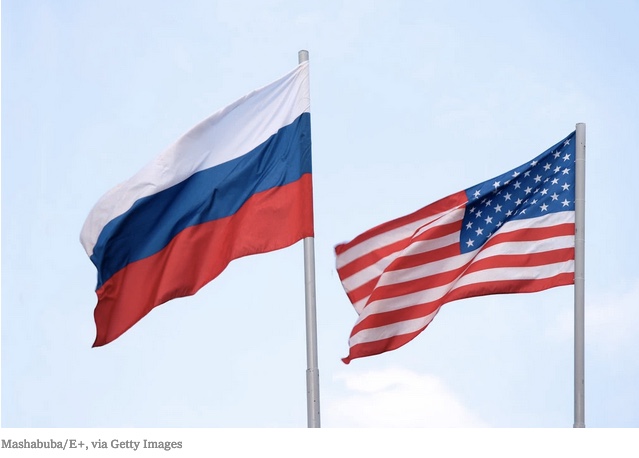MOSCOW — The American political world has — once again — become consumed with the influence of Russia, trying to make sense of who the Kremlin might favor in the upcoming presidential election: Donald Trump, Bernie Sanders, or both. But for me, an American journalist based in Moscow since 2012, that is a far less interesting topic than the story of the convergence between Russia’s political culture and our own.
I recently found myself returning to an essay from 2000 by Yuri Levada, a pioneering Russian sociologist, called “The Wily Man.” The essay was Levada’s attempt to understand why so many pathologies of the Soviet era — the propensity for double-think and an adaptive, accommodating response to power — persisted so powerfully in modern Russia. In Levada’s telling, the wily man or woman “not only tolerates deception, but is willing to be deceived.” Indeed, says Levada, he even “requires self-deception for the sake of his own self-preservation.”
. . .
No longer. After spending a long stretch of time back in the United States, I see clearly that Levada’s description of “wiliness” has become an intrinsic feature of a large and growing swath of American politics in the Trump age.
The starkest example of this came during the recent impeachment trial in the Senate, where Republicans metamorphosed into bodyguards and apologists for Trump. Some, like Lindsey Graham and Mitch McConnell, made their wily calculations long ago, and made sure to telegraph their allegiance before the Senate hearings began. Others, like Senators Lamar Alexander and Lisa Murkowski, acted out a pantomime of judicious contemplation before falling into lock step. The cost of rejecting wiliness was made clear when the chair of CPAC, Matt Schlapp, said of Mitt Romney that he would be “afraid for his physical safety” if the principled senator showed up.




